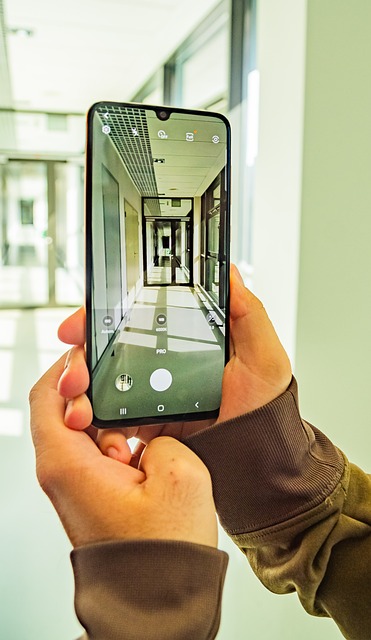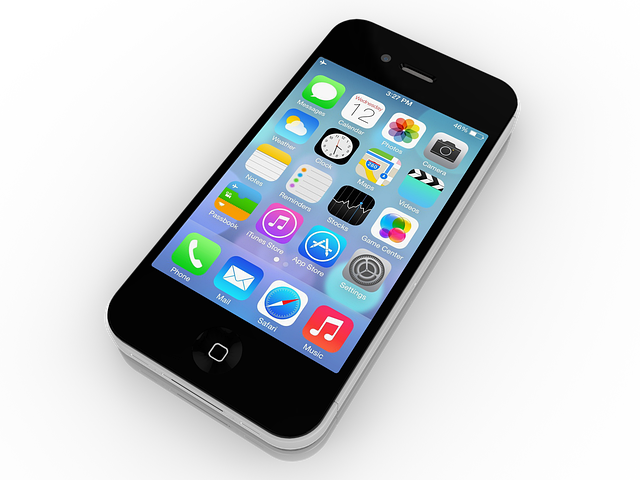In Washington D.C., stringent privacy laws protect residents from harassing autodial calls, with legal recourse under the Telephone Consumer Protection Act (TCPA) and D.C. Consumer Protection Act. Individuals facing unwanted autodial issues should consult an autodialer attorney DC to understand their rights and available legal options. Businesses can mitigate this problem through ethical practices, technology, and an "opt-in" approach to marketing.
In the bustling legal landscape of Washington, D.C., attorneys often face a pervasive and frustrating issue: unwanted autodial calls. These automated phone systems not only disrupt workflows but also pose privacy concerns for clients. This article delves into the impact of autodialers in DC, exploring legal frameworks designed to combat them and offering practical strategies for attorneys to minimize their usage. Understanding these tactics is crucial for advocates seeking to enhance client relations and maintain a professional edge.
Understanding Autodialers and Their Impact in DC
In Washington, D.C., as in many cities across the nation, autodialers have become a prevalent and frustrating issue for residents, particularly when it comes to unwanted phone calls. These automated dialer systems are designed to make mass contact with potential clients or victims, often through repeated and aggressive dialing patterns. While they can be an effective marketing tool, when misused, autodialers can cause significant disturbance and even legal consequences for businesses or individuals operating them. In the context of DC, where privacy laws are stringent, the impact of these calls is amplified.
Autodialers, especially when used without proper consent or in violation of the Telephone Consumer Protection Act (TCPA), can lead to a range of issues for residents. From harassing behavior to potential fraud, the consequences can be far-reaching. This is where an autodialer attorney DC comes into play, specializing in navigating these complex legal matters and advocating for the rights of individuals affected by such practices. Understanding how these systems work and their impact on the community is a crucial step in implementing effective strategies to curb unwanted autodial calls.
Legal Frameworks to Combat Unwanted Calls
In the fight against unwanted autodial calls, consumers in Washington D.C. are protected by robust legal frameworks designed to curb excessive and unsolicited telemarketing activities. The Telephone Consumer Protection Act (TCPA) serves as a cornerstone of these protections, restricting how businesses can use automated dialing systems or prerecorded messages to contact individuals without explicit consent. Violations of the TCPA can result in substantial fines for autodialer attorneys DC.
The Federal Communications Commission (FCC) enforces these regulations and has implemented rules that specifically address autodialers, such as requiring written permission before making automated calls for marketing purposes. Additionally, D.C.’s Consumer Protection Act amplifies these protections, offering consumers the right to seek damages from companies engaging in deceptive or intrusive telemarketing practices. Consumers should leverage these legal frameworks when dealing with unwanted autodial calls, consulting with an autodialer attorney DC to understand their rights and explore potential legal recourse.
Practical Strategies for Attorneys: Minimizing Autodialer Usage
In Washington D.C., as with many jurisdictions, attorneys face a growing challenge from unwanted autodial calls. These automated phone systems, while efficient for marketing purposes, can be a nuisance and even a violation of privacy when misused. Practical strategies for attorneys to minimize autodialer usage include implementing strict call scripts and training staff on ethical telemarketing practices. By ensuring that all calls are made with the explicit consent of the recipient, attorneys can avoid running afoul of consumer protection laws.
Additionally, leveraging technology like caller ID management systems and do-not-call lists can help filter out unwanted autodial traffic. Attorneys should also consider adopting a “opt-in” approach for their marketing campaigns, requiring prospective clients to actively request information before initiating any automated calls. These proactive measures not only respect consumer choices but also foster better client relationships based on trust and consent.






